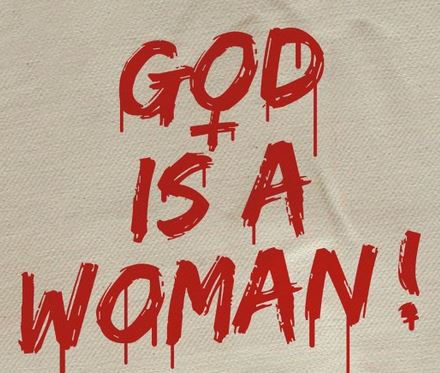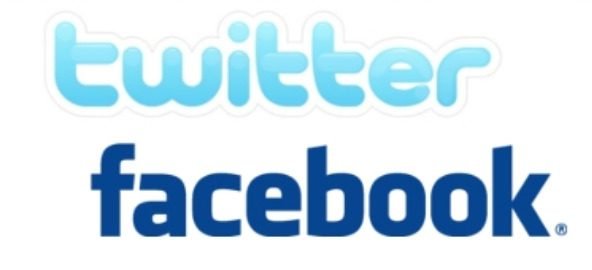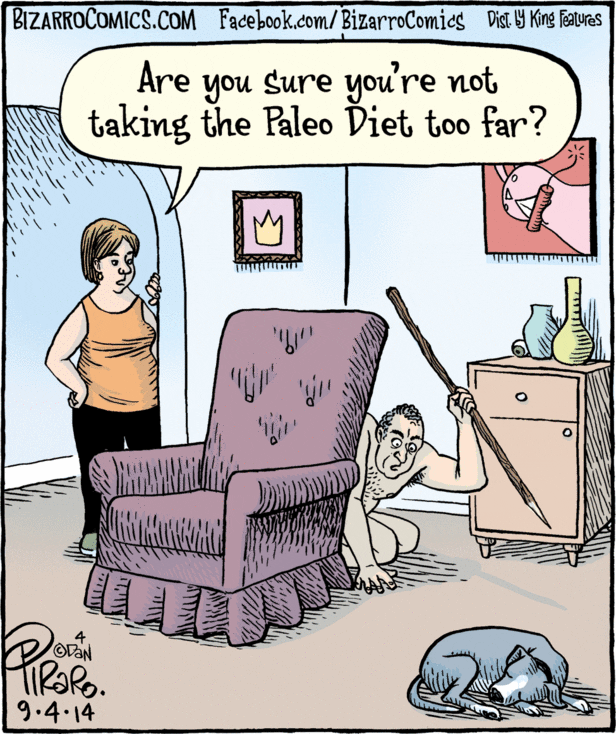
Guest post by ObstacleChick
In 2011, I started reading books about a diet (and lifestyle) called the “Paleo Diet” that was supposedly based on evolutionary and anthropological studies of ancient humans. This diet was popularized by Dr. Loren Cordain, professor emeritus in the department of health and exercise science at Colorado State University. Dr. Cordain’s research examined the nutritional values of foods within the framework of humans’ hunter-gatherer ancestor, contrasted with the foods that were cultivated as humans moved toward and into agrarianism. His main work is The Paleo Diet, if you are interested in exploring further. His work spurred a health and wellness movement carried further by Robb Wolf, Mark Sisson, and a myriad others who have published cookbooks, exercise books, websites, and blogs. Many athletes for a while, particularly in CrossFit, latched onto the paleo diet hoping to improve athletic performance and lean muscle mass.
Many paleo diet proponents touted this diet as the end-all cure-all to obesity, diabetes, eczema, acne, auto-immune disorders, dementia, polycystic ovarian syndrome, irritable bowel syndrome, etc. You name it, and somebody was proposing that if we only consume the foods that supposedly our ancestors ate, we would cure these modern maladies. What foods, you may ask, do followers of the paleo diet eat? Basically, people are encouraged to eat whole unprocessed foods such as fruits, berries, vegetables, seeds and nuts, meats (particularly the more highly nutritious meats like seafood and organ meats), eggs, and healthful oils like coconut and avocado oils (unsweetened teas and coffees are generally allowed, as are natural sugars in moderation like honey, molasses, agave). Everything else is technically off-limits and considered not “paleo,” Perhaps it is worthwhile to note the items which are technically excluded from the paleo diet: grains of any sort, including wheat, rice, oats, quinoa, millet, etc.; beans, including lentils, peanuts; corn; dairy (sometimes with the exception of ghee or clarified butter); refined vegetable oils; refined sugars; potatoes (some paleo proponents allow sweet potatoes and yams); processed foods; sodas, wine, beer, sweetened beverages; soy.
After having read several books on the paleo diet and lifestyle and hoping to optimize my health and athletic performance, in March, 2012, I embarked upon what I understood to be the paleo diet (much to my family’s chagrin). I eliminated pasta, bread, pizza, cereals, etc., from our household and started my paleo journey, dragging my (unwilling) family along with me. Actually, they didn’t mind so much after I allowed them to eat their bread, ice cream, etc., while I would eat my own paleo foods. As an avid runner and someone who strength trains, I struggled for quite a while to get enough carbohydrates to support my training load. Apparently, this was a big issue with people who are athletic, so Dr. Cordain wrote The Paleo Diet for Athletes to address those issues. Full disclosure – I didn’t follow the paleo diet entirely, as I still drank wine when I felt like it and would eat foods at restaurants that were probably prepared with processed oils and that may have been contaminated with wheat. In 2012, there were fewer gluten-free options available in restaurants and groceries (now there are a plethora of options available, and their quality, texture, and tastes have improved tremendously). But, I did become a “fundamentalist” about my food, a fact about which I am embarrassed now.
Early in 2014 I tried the mother of all hard-core exclusive dietary challenges — the Whole30 Challenge. For 30 days, one adheres to a strict paleo diet with additional caveats. If you slip up, you have to start over. No excuses. What are the rules for this challenge? No sweeteners of any sort are allowed — including honey, molasses, coconut sugar, etc., and one must read every single label of every single item one buys (bacon, for example — it cannot contain any sugar at all). No grains (of any sort), beans, rice, corn, soy, processed oils, processed foods, alcohol, dairy, or processed chocolate are allowed (unsweetened cocoa powder is allowed). If one does choose to eat at a restaurant, one must be “one of those” customers who grills the wait staff regarding the types of oils that are used, whether there is any cross-contamination with gluten/soy/dairy/etc. (seriously, it’s better just to eat at home when you’re on Whole30). If you go to a party and can’t pester your host about what specific foods he or she will be serving, bring your own food to ensure Whole30 compliance. You are supposed to eat 3 meals a day and ONLY 3 meals a day (unless you are an athlete, then you can add a snack). Desserts or paleo-version comfort foods are not allowed (i.e., no paleo pancakes, muffins, brownies, etc.). In fact, adherents are encouraged NOT to eat fruit at the end of their meal as substitute for a dessert. One is not to weigh oneself during the challenge as weight loss is not the only goal of the challenge. One is to examine one’s relationship to food. Do you find yourself wanting to mindlessly snack while watching TV? Do you find that you expect to finish a meal with a dessert? Do you crave chocolate? Do you get hungry at 3 pm every day? Are there certain foods that you tend to wolf down without control (foods without breaks)? Are there certain foods that are extremely pleasurable for you (SWYPO: “sex with your pants on”)? Additionally, there is a whole schedule of how you should anticipate feeling throughout the 30-day challenge — like being in a withdrawal phase “carb flu” for the first few days, how you feel mental clarity after the “carb flu” subsides, etc. Whole30 is not just a diet — it is a process that one can use to identify one’s reactions to foods and is supposed to “clear one’s gut” in order to start a controlled reintroduction after the Whole30 to determine what foods your body tolerates or doesn’t tolerate. It’s an intense experience.
When I started my Whole30, I joined a Facebook group designed to allow people a forum to discuss recipes, tips, results, and what they are going through. Most people were encouraging and supportive, but there were a good number of people who were hard-core fundamentalist Whole30 participants. These were the people who were very strict enforcers who commented on people’s posts and would get into extensive “fights.” If someone accidentally ate ketchup that contained a sugar, these enforcers would state that the person had failed Whole30 and MUST start over at day 1, regardless of whether they were on day 5 or 17 or 29. These enforcers would nitpick over every ingredient and typically had exhaustive lists of what commercial products were Whole30 compliant or not. While a lot of the enforcers had useful information, many of them were just plain MEAN. Occasionally, a comment thread would become so heated that the moderator would jump in and tell everyone to cool it, and soon thereafter she would write a blog post aimed at getting the enforcers to relax their vehemence (while still adhering to the tenets of the program). Several times, she would have to defend herself when an enforcer would see her eating a non-compliant item, and she would have to remind people that Whole30 is not WholeLife. It’s designed for shorter periods and if someone chooses to make it Whole60 or Whole90 that’s their choice, but the program wasn’t intended to be followed strictly forever.
What happened to me while I was on the Whole30? I was stressed out all the time making sure I was maintaining compliance while still trying to provide my family with non-Whole30 options as much as possible. Reading every label at the supermarket was seriously time-consuming to the point that I was freaking out over whether the pickles I bought were Whole30 compliant if they had any sort of preservatives in them (preservatives are banned too). I went through several days where I craved a piece of chocolate so intensely that I felt like the monster Grendel from Beowulf. As each day of compliance passed, the more invested I was in completing the program, demanding though it was. Some days I was hungry, though the program says you aren’t supposed to be hungry. Physically, I felt great, but emotionally, I was stressed, on alert, and after a couple of weeks of compliance I started to feel morally superior to those not on Whole30. While I detested the enforcers, I understood where they were coming from, and I hated myself for it. At the end, I weighed myself and had lost 7 pounds, but I was anxious about a party I was to attend in a few days where there would be alcohol and lots of non-compliant foods. At the party, I was anxious and stressed about eating a bite of cheese — and I wasn’t even on Whole30 at that point. I realized my thinking was MESSED UP. I was exhibiting signs of orthorexia — an obsession with eating foods that one considers healthy. This was NOT a healthy relationship with food. I had become a food fundamentalist.
Food fundamentalists are not that different from religious fundamentalists. Both have strict rules of behavior and compliance. Both groups demand giving up things — “sins” in the case of religions, foods or food groups in the case of food fundamentalism. Both groups have a type of “magical thinking” in which they believe that compliance will solve their problems and absolve them from “sin” or “disease” or “obesity.” Food fundamentalists and religious fundamentalists consider themselves part of a “tribe,” a social collective of people sharing a belief system. In either group, when one is in close compliance, one may feel a sense of moral superiority over others. Both groups believe that they have the “truth” and that if only others would join their group, their problems could be solved. Neither group wants to hear any negative research or evidence regarding their “truth” claims. Additionally, there are leaders in both groups who are intent on making money from members of the tribe.
Why did I leave food fundamentalism? The process of leaving food fundamentalism was not so different from leaving religious fundamentalism. Research was the beginning. Just as I had read evidence that refuted the veracity of fundamentalist Christianity, I read evidence that brought into question many overarching claims of the Paleo Diet. I took a look at myself and realized that I was being dogmatic, moralistic about food, and was starting to proselytize about food to other people. I was the fundagelical of food.
Did any good come out of my time in the Paleo Diet? Yes. I found that my digestive system doesn’t like certain foods so I know what the consequences will be if I choose to eat some of those foods. I found a lot of new recipes for some delicious dishes that everyone in my family can enjoy. And I learned that stressing out about what I am eating is not good for me or for my family.
Have you ever found yourself becoming a fundamentalist of something other than religion?
Share This Post On Social Media:


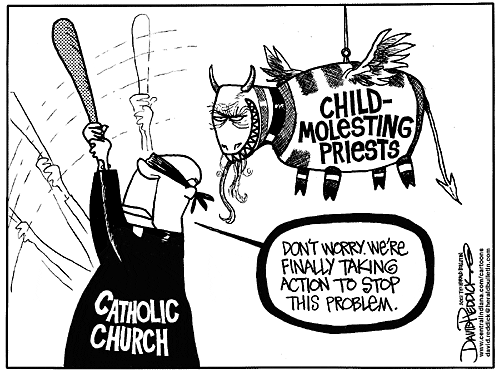

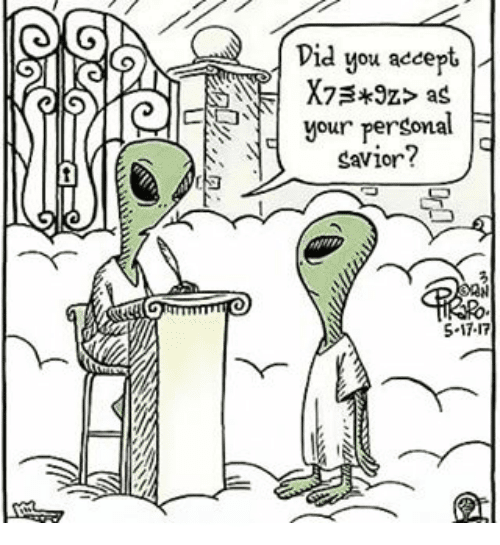


 Guest Post by ObstacleChick
Guest Post by ObstacleChick